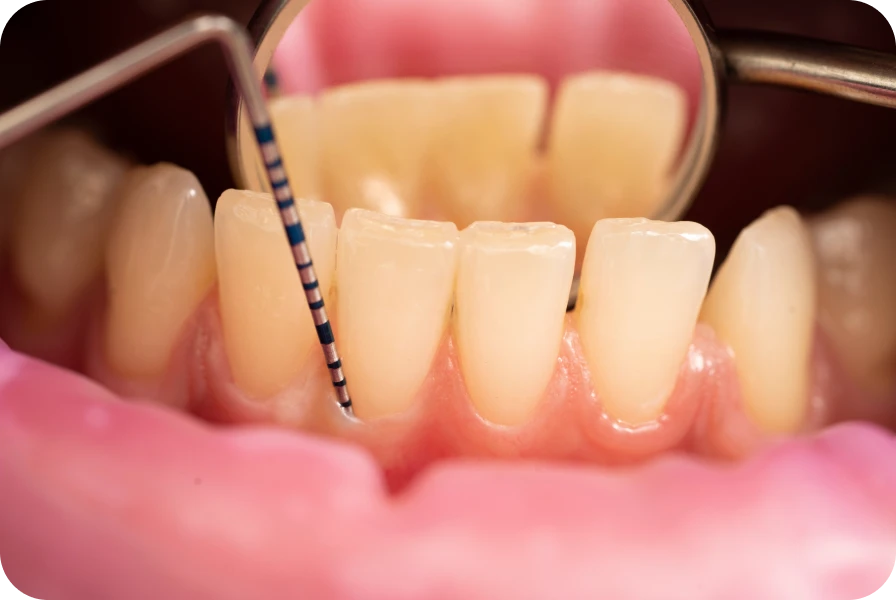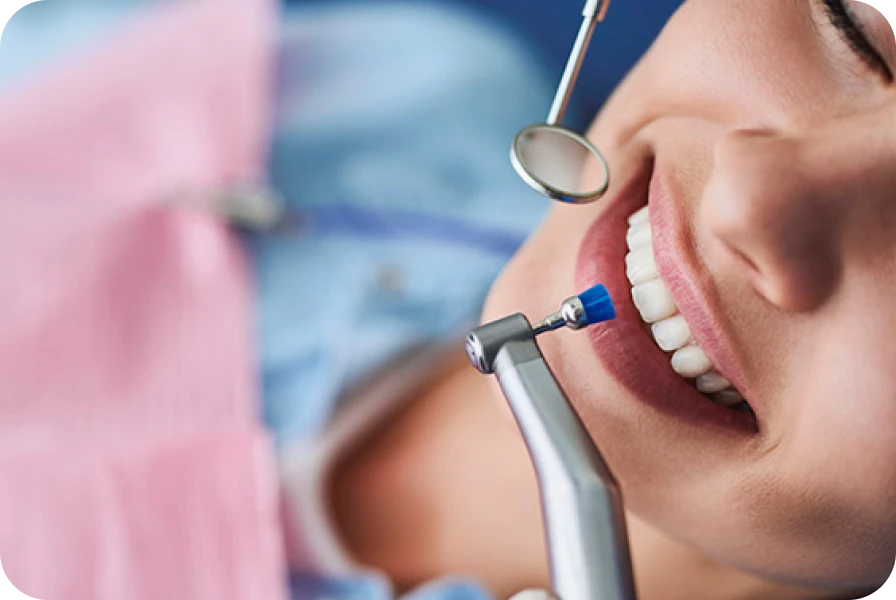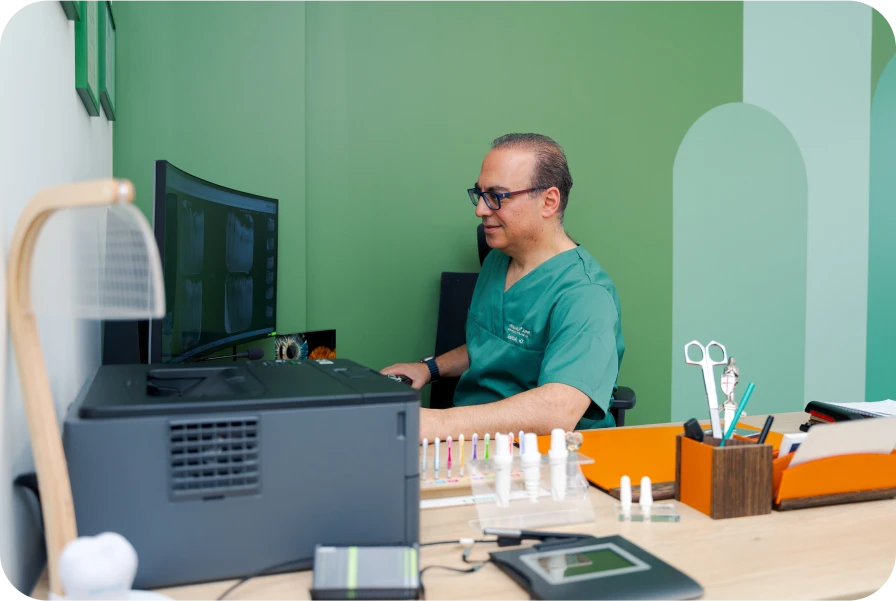Non-surgical Periodontology
Non-surgical periodontology aims to treat gum diseases without surgical intervention. Begin by regularly consulting a dentist for early detection. When signs of periodontitis appear, do not delay. Schedule an appointment as soon as possible. Early detection is crucial to avoid more extensive treatments.
Identifying Signs of Periodontitis
Learn to recognize the early signs of periodontitis. If your gums bleed when you brush your teeth, consult a dental professional immediately. Also, monitor the color of your gums. If they become red or swollen, act promptly. Persistent bad breath can also indicate a gum infection. In such a case, seek your dentist’s advice.
Adapting your Oral Hygiene Routine
Adopt a strict oral hygiene routine to prevent periodontal diseases. Brush your teeth twice a day with a soft-bristled toothbrush. Use toothpaste specifically designed for gum health. Do not neglect daily flossing to remove dental plaque between teeth. Supplement your routine with an antibacterial mouthwash. Ensure you change your toothbrush every three months.
Steps of Non-surgical Treatment

Scaling and Root Planing
When periodontitis is detected, scaling is the first step of treatment. This procedure removes plaque and tartar accumulated below the gumline.
Ask your dentist to perform this deep cleaning. Subsequently, proceed to root planing.
This treatment smooths tooth roots to promote reattachment of gums to teeth. These steps are crucial to halt disease progression.
The Role of Antibiotics in Treatment
Antibiotics may be prescribed to control gum infection. They work by reducing the bacteria responsible for periodontitis. Take them according to your dentist’s recommendations. Avoid skipping a dose to ensure treatment effectiveness. However, do not rely solely on antibiotics. Combine their use with good oral hygiene for optimal results.
Following Post-Treatment Advice
Maintain Strict Hygiene after Treatment
After treatment, continue to follow a rigorous oral hygiene routine. Brush your teeth with an appropriate technique to avoid irritating healing gums. Use a soft-bristled toothbrush to prevent any aggression. Remember to use dental floss gently to avoid damaging healed tissues. Continue using an antibacterial mouthwash to maintain oral health.
Conduct Regular Follow-up Visits
Do not neglect follow-up visits after non-surgical periodontology treatment. Schedule appointments every three to six months for regular monitoring.

These visits allow for checking gum stability and intervening in case of relapse. If you experience pain or notice bleeding, inform your dentist immediately. Prompt intervention is essential to prevent disease progression.
Preventing Recurrence
Adopting a Healthy Lifestyle
A healthy lifestyle helps prevent the recurrence of periodontal diseases. Avoid tobacco, as it promotes gum inflammation and slows healing. Limit sugar intake to reduce the risk of dental plaque formation. Stay well-hydrated to promote saliva production, which helps protect your gums.
Managing Stress to Protect your Gums
Stress can negatively impact gum health. Learn to manage your stress to prevent periodontitis flare-ups. Practice relaxation techniques such as meditation or yoga. Ensure you get adequate sleep to allow your body to regenerate. Effective stress management strengthens your immune system and protects your gums.
Long-term Follow-up in Non-surgical Periodontology
Importance of Continuous Monitoring

Non-surgical periodontology requires long-term monitoring. Maintain a close relationship with your dentist to ensure continuous follow-up. Schedule regular check-ups and do not wait for new symptoms to appear. Prevention is key to avoiding future complications.
Adapt Care Based on Progression
Be prepared to adapt your oral care based on the evolution of your condition. If your dentist detects signs of recurrence, follow their recommendations to adjust your treatment. This may include more frequent cleanings or the use of specific products. Remain attentive to the signals your gums send you and act quickly to maintain their health.
